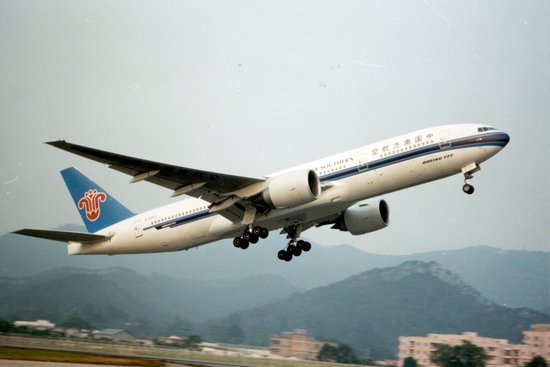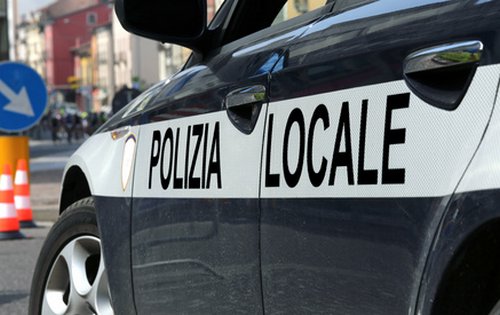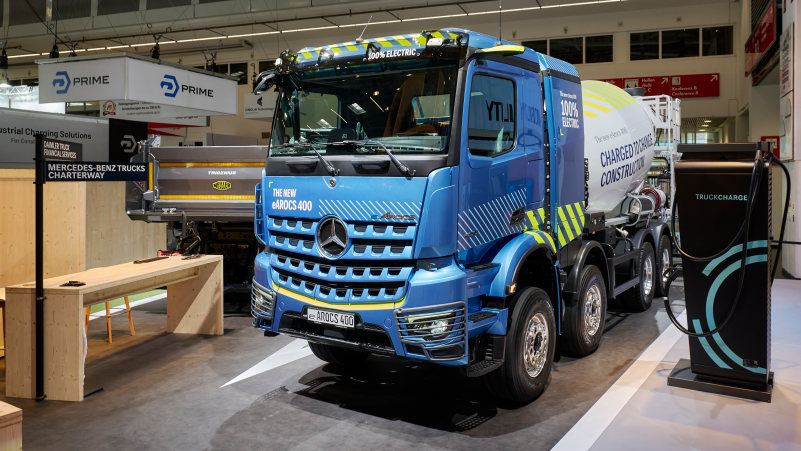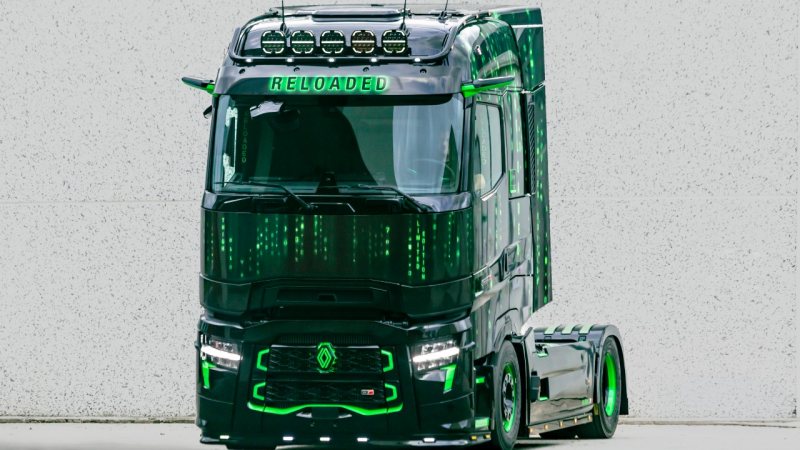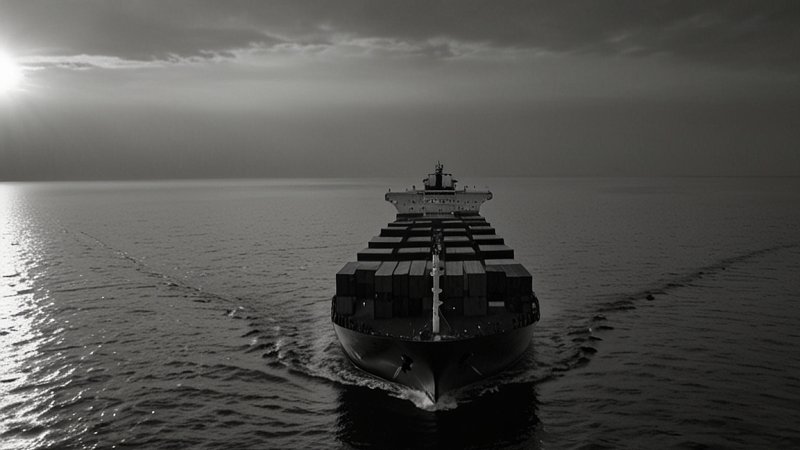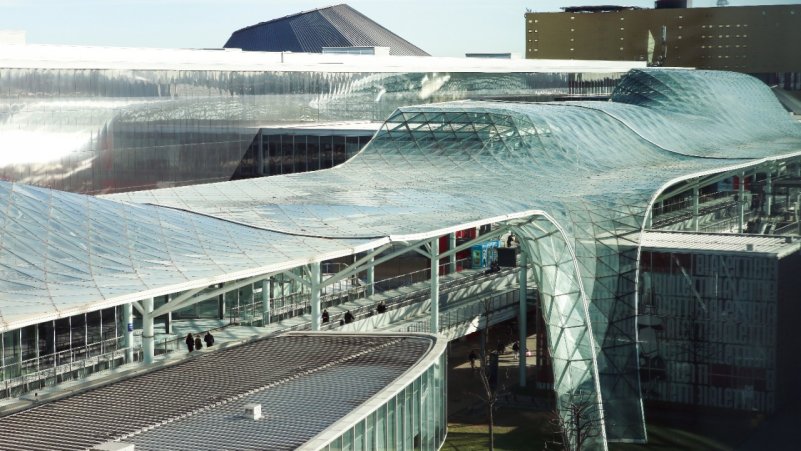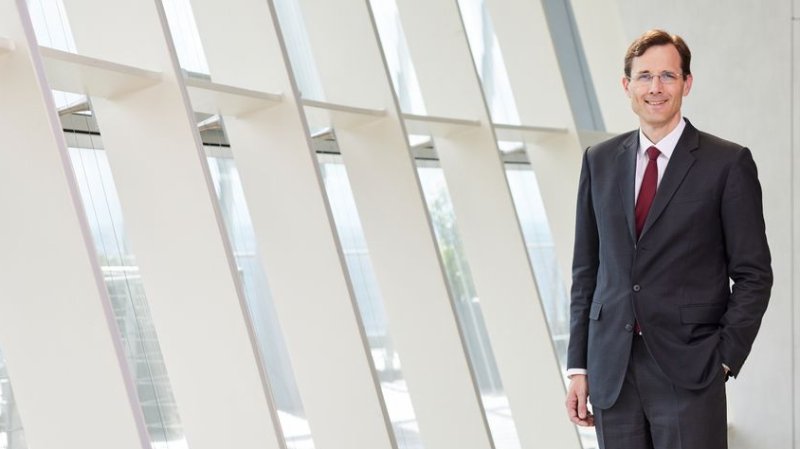On 8 April 2025, Interporto Padova unveiled three major initiatives to support the ecological transition in the logistics sector: the establishment of the first Renewable Energy Community in the industrial zone, the upgrade of the photovoltaic system already installed on its warehouse rooftops, and the introduction of the first electric van in the Cityporto delivery fleet. For the first initiative, Interporto Padova has allocated the roof of one of its warehouses, covering 20,000 square metres, for the installation of a photovoltaic plant with one megawatt of capacity. This installation is expected to produce over one million kilowatt hours per year and prevent the emission of approximately 520 tonnes of CO2 into the atmosphere, offering both environmental and economic benefits to local businesses.
The project, carried out by Venetian company Gift, has been financed through private investments and subsidies from the National Recovery and Resilience Plan, under the coordination of Ambico Group. The energy generated will be shared among members of the community, which is open to companies, public entities and, eventually, individual citizens. According to Jonathan Morello Ritter, president of Ambico Group, this is the right time to invest in solar power, as the availability of funding and new regulations make it an advantageous choice for all, including public administrations, which can provide rooftops, car parks and unused areas to generate environmental and economic value. The aim is to create a widespread network of energy communities capable of meeting up to 30 per cent of the energy needs of the entire industrial area.
At the same time, Interporto Padova has launched a significant technological upgrade of its photovoltaic plant, originally installed in 2010 and, at the time, the largest of its kind in Italy. In recent months, the operator replaced part of the existing modules with 7,770 new state-of-the-art monocrystalline silicon panels, increasing the system’s overall capacity from 13 to 16.3 megawatts. The upgrade involved the rooftops of two buildings in the Logistics Citadel along Via Inghilterra, covering a total area of more than 40,000 square metres. The new configuration enables the production of enough electricity to meet the annual needs of around 6,500 households. Fifteen years after its original installation, the plant remains fully operational thanks to more efficient technology and a significantly improved regulatory framework.
The third development focuses on sustainable mobility. For the past few weeks, the first electric van in the Cityporto fleet has been operating in Padua’s historic centre. Manufactured by Foton, the vehicle has a total weight of six tonnes and a payload capacity of 2,450 kilograms. Equipped with a metal box and hydraulic tail lift, the van boasts a range of over 200 kilometres and can be recharged in about four hours. Its introduction marks a major step forward for the service, which until now had relied exclusively on methane-powered vehicles. Previous limitations of electric vans, linked to the high energy demand of the tail lift and the use of air conditioning, have now been successfully overcome.
Cityporto, active for over twenty years, carries out more than 70,000 last-mile deliveries annually, including those of perishable goods to supermarkets in restricted traffic areas. Through the use of cleaner fuels and now electricity, the service has already prevented the emission of thousands of tonnes of carbon dioxide and hundreds of kilograms of particulate matter, making a tangible contribution to the improvement of urban air quality.
Luciano Greco, president of Interporto Padova, emphasised the importance of the integrated approach adopted by the company, which combines technological innovation, environmental responsibility and support for local businesses. He stated, we were pioneers fifteen years ago with the photovoltaic system, and today we continue along that path with the first energy community in the industrial zone. This is a concrete first step towards the regeneration of the area, to which, as a majority publicly owned company, we intend to make a decisive contribution. At the same time, we are investing in the efficiency of urban freight transport with the introduction of the electric van in Cityporto, which has supported local commerce and sustainable logistics for two decades.



